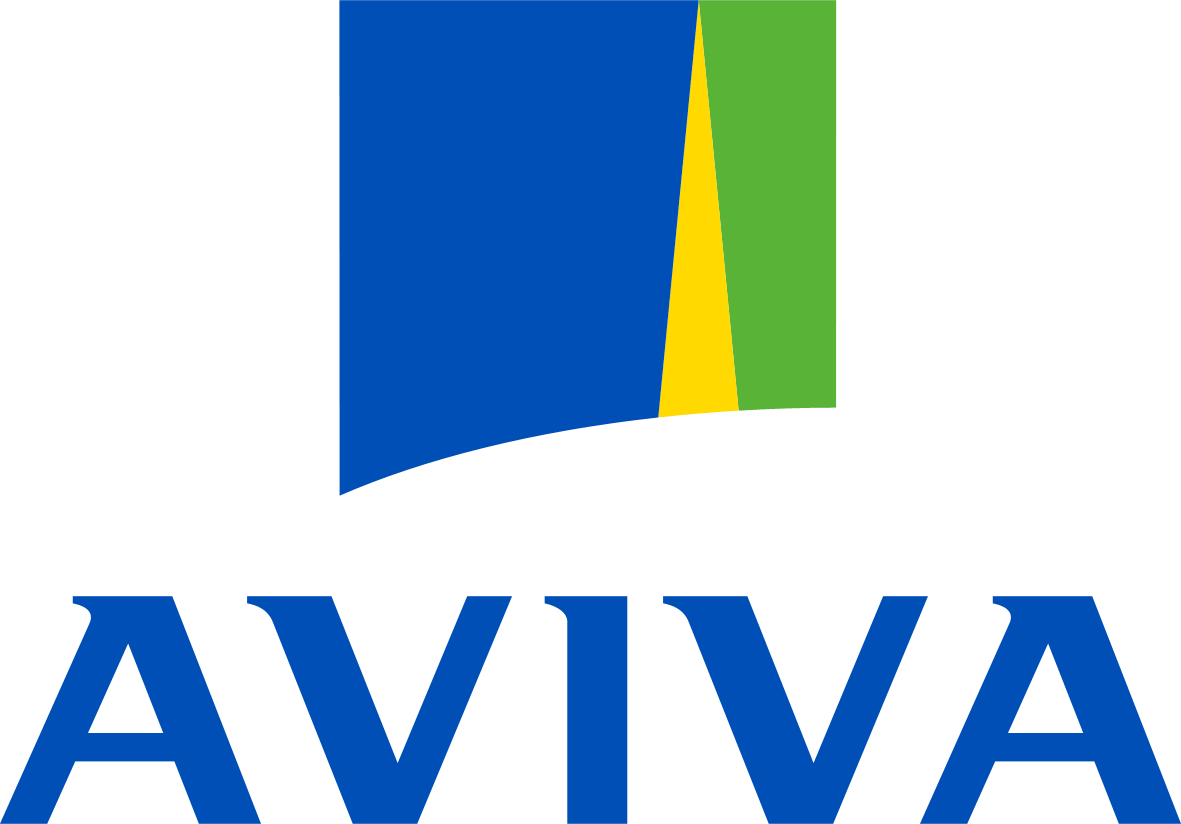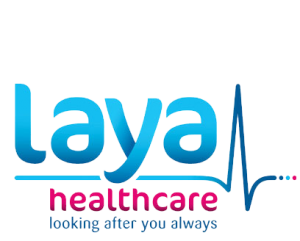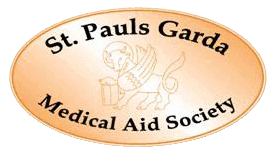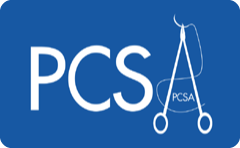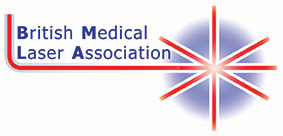Psoriasis
 Download this information as a PDF
Download this information as a PDF
What is psoriasis?
Psoriasis is a common, chronic, scaly rash that affects people of all ages (about 2% of the population). There is a genetic predisposition to psoriasis i.e. it tends to run in families. Psoriasis is also influenced by many environmental factors. It is not contagious and is not due to an allergy. The most common ages for psoriasis to first appear are in the late teens and in the 50s. It affects men and women equally, although in children, girls are more commonly affected than boys. Psoriasis is often so mild it is barely noticed by the affected person, but it can occasionally so severe the patient must be admitted to hospital for treatment. It may or may not be itchy. About 5% of those with psoriasis will also develop joint pains (psoriatic arthritis), which may involve one or more joints. This can be very debilitating.
 Download this information as a PDF
Download this information as a PDF
Psoriasis continues to be one of the more difficult skin conditions to treat. The wide range of treatments available for psoriasis illustrates this; no one treatment will work for everyone. There is no cure for psoriasis but several new medications have recently been introduced and ongoing research looks promising. In general the treatment is chosen on the basis of the pattern of psoriasis and its severity. Sometimes several treatments may need to be tried before the most suitable regime is established. Different medications may need to be used together or in rotation for best effect or to minimise side effects.
 Download this information as a PDF
Download this information as a PDF
Mr Smith who is 50 years old was referred to me by his General Practitioner with a generalised itchy rash for the previous five months. He was moisturising with Silcocks base and applying Betnovate ointment for the past month without benefits. He had no history of any rashes or skin problems in the past but he remembered his father suffering from dry itchy skin for many years. His brother suffered from dandruff.




